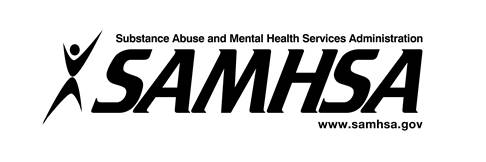Do you know someone seeking treatment for opioid dependence or withdrawal? If so, it’s important to know this: products that promise miracle cures or fast results can cost precious time and money, lead to relapse, and even be dangerous.
- Dietary supplements – such as herbal blends, vitamins, and minerals – have not been scientifically proven to ease withdrawal or to treat opioid dependence.
- Products like Kratom, which some claim can help, are actually not proven treatments, and can be addictive and dangerous to your health.
- Opioid dependence and withdrawal are serious health issues. You can address them with time, hard work, and help. But there are no quick fixes.
If you or someone you know is considering treatment for opioid dependence or withdrawal, start here:
- Call SAMHSA’s National Helpline: 1-800-662-HELP (4357)
Get live help from this free, confidential, 24/7, 365-day-a-year treatment referral and information service (in English and Spanish) for people and families facing substance use disorders. - Visit SAMSHA’s confidential treatment locator: https://findtreatment.samhsa.gov
Find a reputable treatment facility near you in a quick, confidential online search.
Before taking any dietary supplement – for any medical reason – ask a health provider these questions:
- Is there scientific proof it actually works?
- How reliable is this brand?
- How will it interact with other supplements or drugs I take?
- What are the side effects?
- If it’s safe to take, what’s the right amount?
Learn more at FTC.gov/DietarySupplements.
This publication is a message from the Federal Trade Commission and the Substance Abuse and Mental Health Services Administration (SAMHSA)
 The Substance Abuse and Mental Health Services Administration is the agency within the U.S. Department of Health and Human Services that leads public health efforts to advance the behavioral health of the nation. SAMHSA's mission is to reduce the impact of substance abuse and mental illness on America's communities.
The Substance Abuse and Mental Health Services Administration is the agency within the U.S. Department of Health and Human Services that leads public health efforts to advance the behavioral health of the nation. SAMHSA's mission is to reduce the impact of substance abuse and mental illness on America's communities.
